Lenovo backs Windows devices for the classroom
Education exec also thinks digital textbooks need improvement.
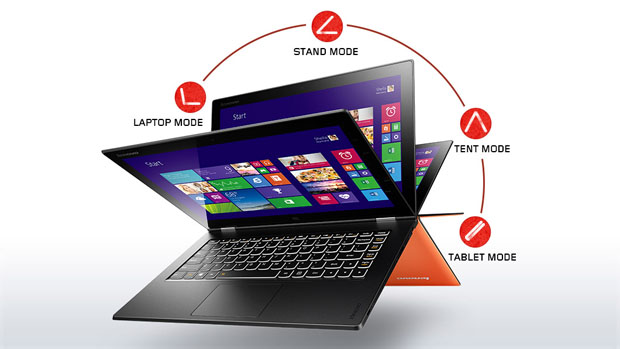
Lenovo believes the education market is continuing to rely heavily on Windows despite the increasing popularity of Android, iOS and the Chrome OS in this sector.
With Microsoft ending extended support for Windows XP and Office 2003 in April this year, there is likely to be a lot of activity as schools upgrade their products.
The Chinese firm, which claims a 20 per cent share of the education market worldwide, is confident that when schools start refreshing their legacy devices in 2014, they will jump to Windows 8. This is despite fierce competition from the likes of Apple and Samsung, as popular consumer devices like the iPad and Galaxy Tab trickle down into schools.
"The death of Windows is greatly exaggerated. It's still the vast majority of the business in education. It's the matter of choosing a device that's right for what you want it to do," Sam Morris, worldwide education executive at Lenovo told IT Pro.
"If it is primarily content delivery devices [schools want] there are lighter devices out there from a capability standpoint. The web as a platform is also a more viable proposition. People like WeVideo are bringing video editing to the browser. Those kinds of things are great."
This view is in stark contrast to Samsung, which envisages its Chromebook business to boom during 2014 as users shun Windows.
Interestingly, Morris also said there is still a lot of work that needs to be done to improve digital textbooks in schools.
Get the ITPro daily newsletter
Sign up today and you will receive a free copy of our Future Focus 2025 report - the leading guidance on AI, cybersecurity and other IT challenges as per 700+ senior executives
"Just because you can click on a word and it shows a video - that's not interactive we need to better [explain] what interactive is," he continued.
"Interactive to me [is] reporting data back to me about student activity. Can the student embed their own work within the text? Not just highlight. Can [teachers] embed quizzes? Does the textbook fork itself based on [a student's] reading level?
"Until we get those kinds of seminal changes in the textbook industry they all look like A4 sheets of paper to me," he added.
-
 Should AI PCs be part of your next hardware refresh?
Should AI PCs be part of your next hardware refresh?AI PCs are fast becoming a business staple and a surefire way to future-proof your business
By Bobby Hellard
-
 Westcon-Comstor and Vectra AI launch brace of new channel initiatives
Westcon-Comstor and Vectra AI launch brace of new channel initiativesNews Westcon-Comstor and Vectra AI have announced the launch of two new channel growth initiatives focused on the managed security service provider (MSSP) space and AWS Marketplace.
By Daniel Todd
-
 Microsoft angers admins as April Patch Tuesday delivers password feature without migration guidance
Microsoft angers admins as April Patch Tuesday delivers password feature without migration guidanceNews Security fixes include a zero day exploited by a ransomware group and seven critical flaws
By Connor Jones
-
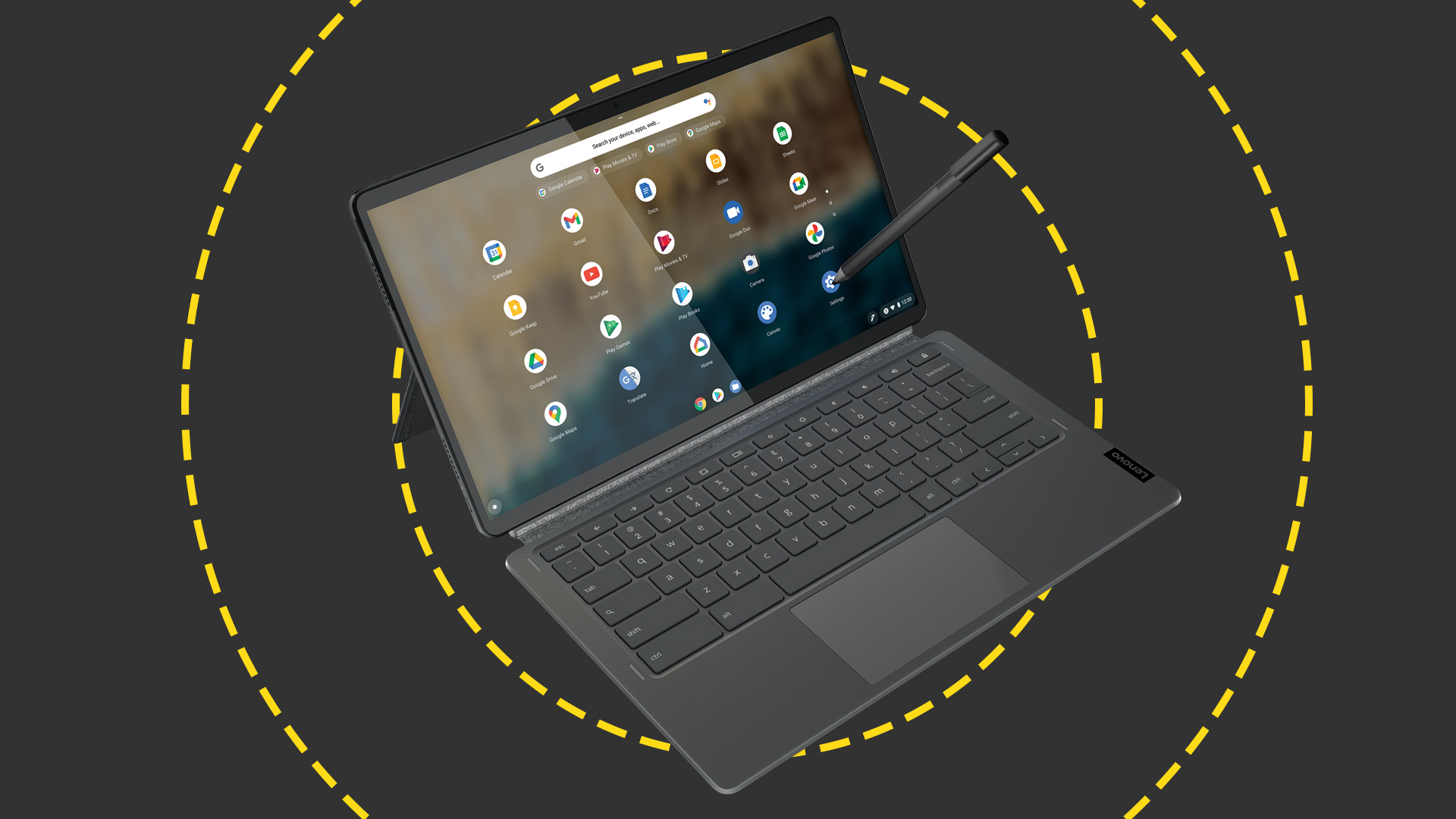 Lenovo IdeaPad Duet 5 Chromebook review: A confident convertible
Lenovo IdeaPad Duet 5 Chromebook review: A confident convertibleReviews A gorgeous display, superb battery life and Surface Pro-style form factor all lift the Duet 5 above its rivals
By ITPro
-
 MWC 2022: Lenovo unveils its first Arm-based ThinkPad boasting 29 hour battery life
MWC 2022: Lenovo unveils its first Arm-based ThinkPad boasting 29 hour battery lifeNews The Qualcomm-powered Windows 11 machine also features baked-in 5G and is built using 90% recycled magnesium
By Carly Page
-
 Esper and Lenovo simplify enterprise Android device deployment
Esper and Lenovo simplify enterprise Android device deploymentNews Esper’s DevOps infrastructure complements Lenovo’s enterprise-grade smart devices
By Praharsha Anand
-

 Lenovo IdeaPad Flex 5 Chromebook review: A dependable workhorse
Lenovo IdeaPad Flex 5 Chromebook review: A dependable workhorseReviews It might not be flashy, but the Flex 5 offers impressive usability and performance at a bargain price
By Stuart Andrews
-
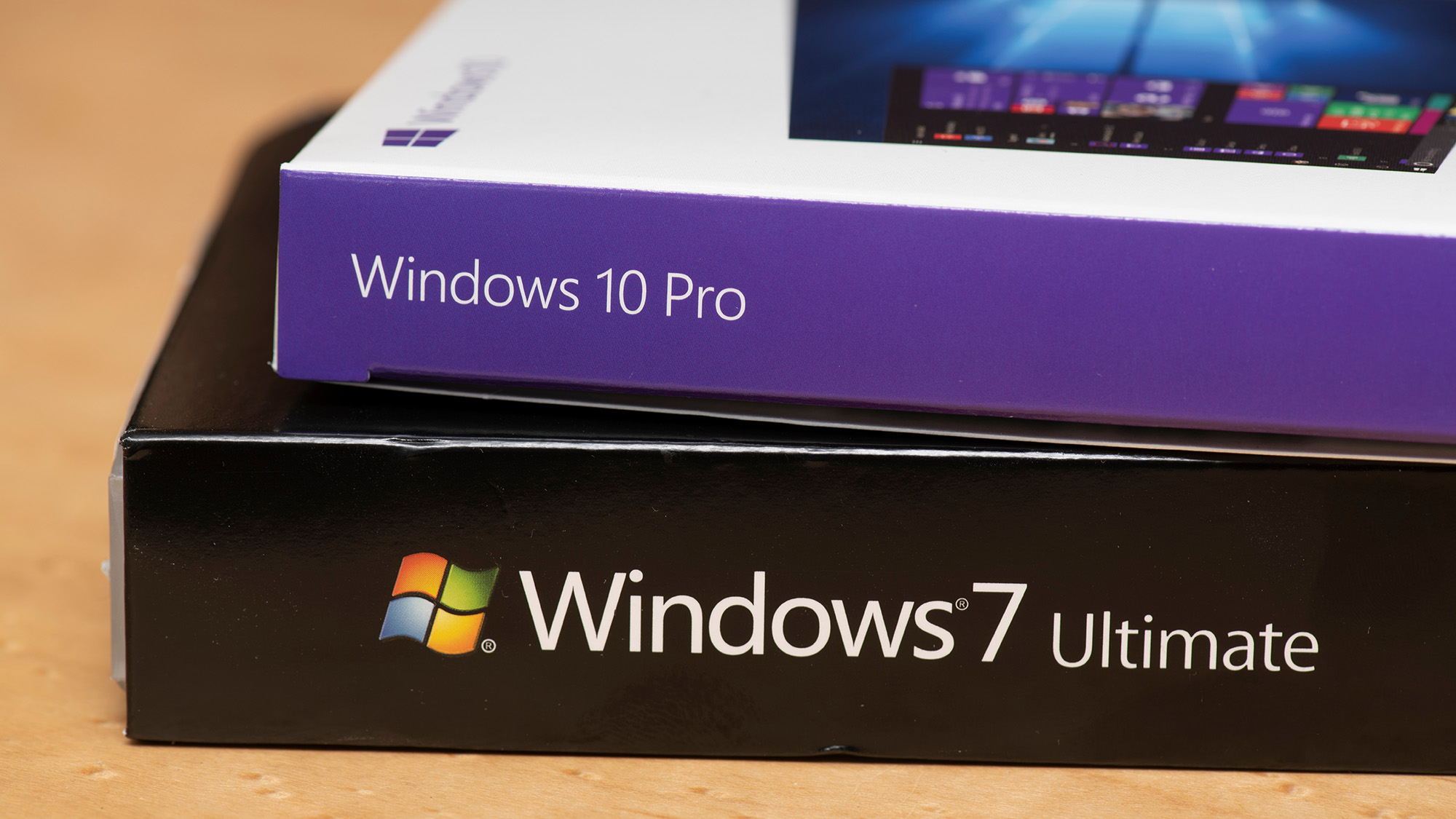 Managing a late migration
Managing a late migrationOpinion When it comes to moving from Windows 7 to Windows 10, it's better late than never
By Jon Honeyball
-
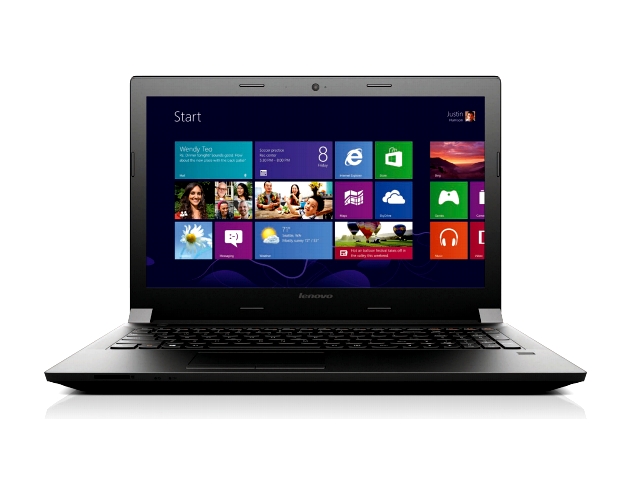 Lenovo laptops crashing after Windows 10 update, but there’s a fix
Lenovo laptops crashing after Windows 10 update, but there’s a fixNews A faulty Windows patch is forcing ThinkPads into an endless boot loop
By ITPro
-
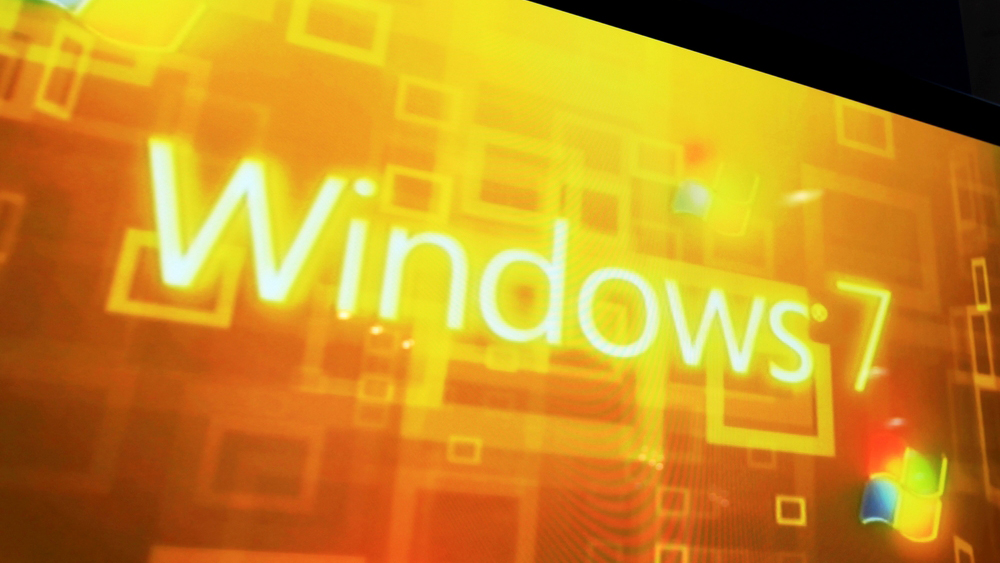 How to set up a Windows 7 emulator for Windows 10
How to set up a Windows 7 emulator for Windows 10Tutorials A complete guide for setting up a Windows 7 emulator for Windows 10 so you don’t lose access to your apps
By Nik Rawlinson